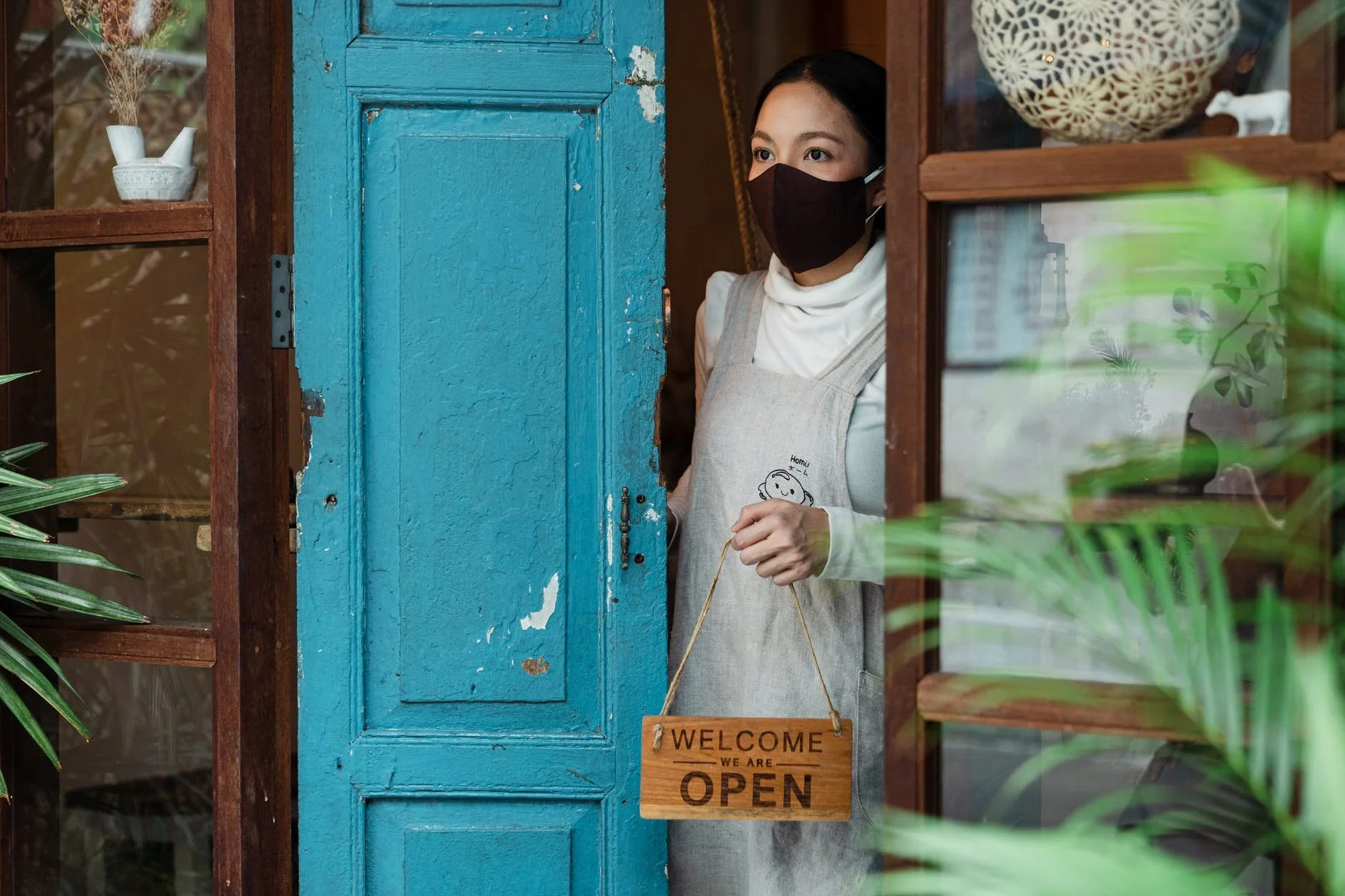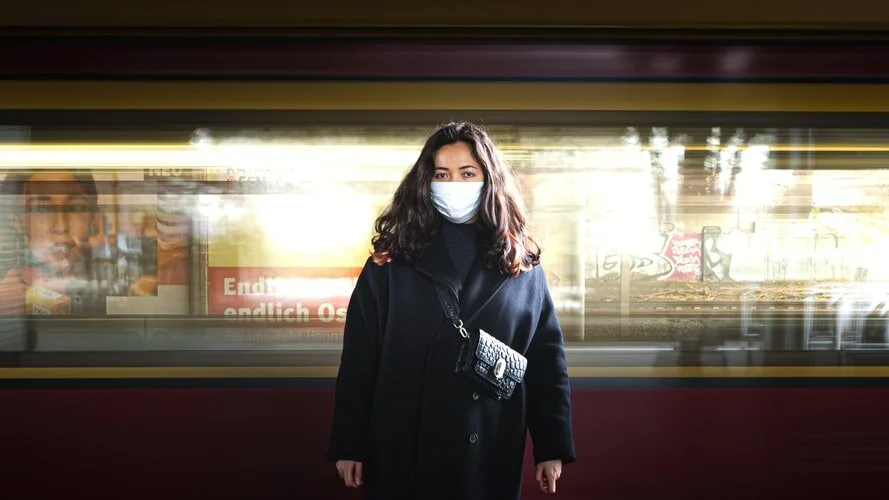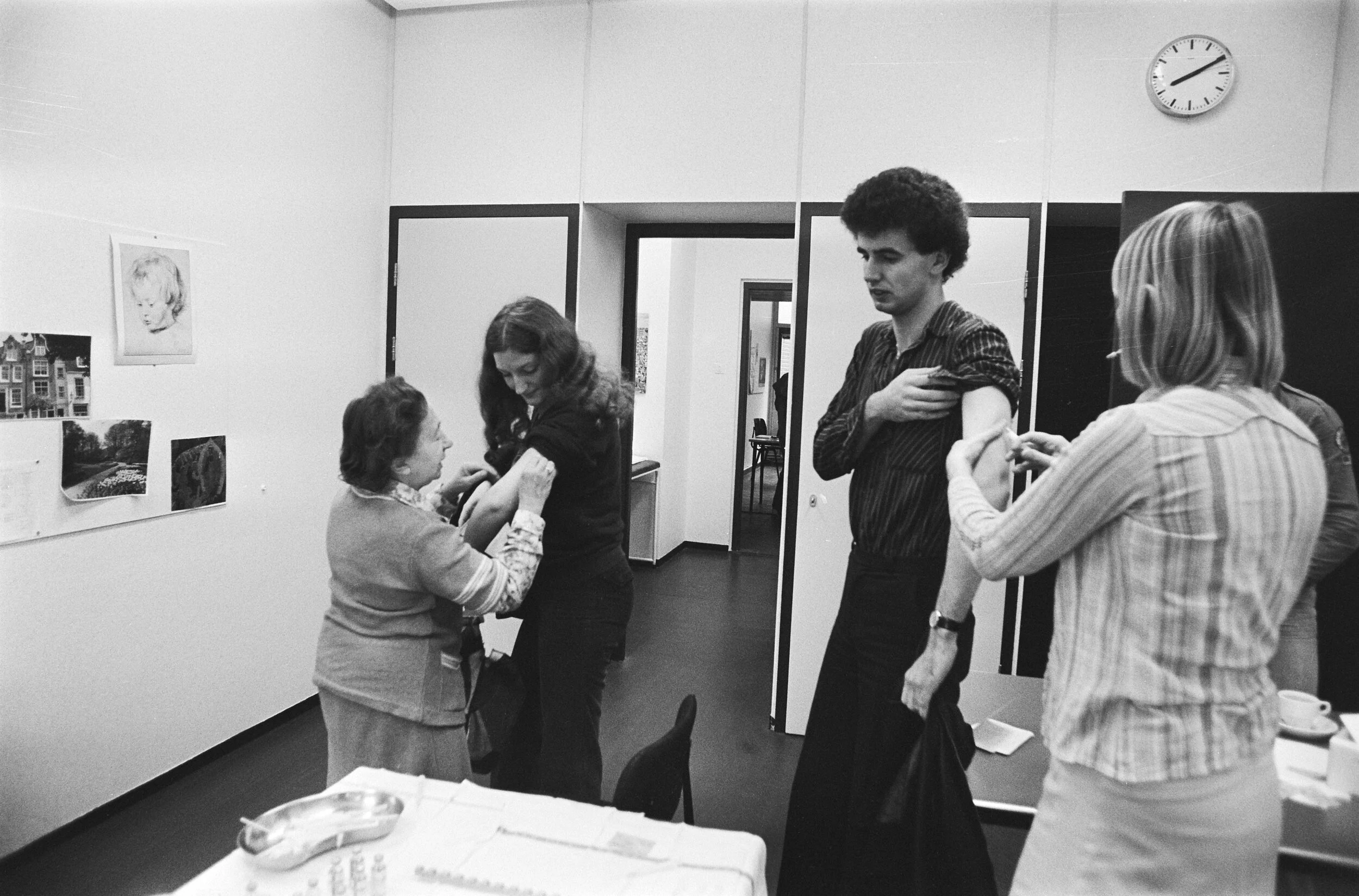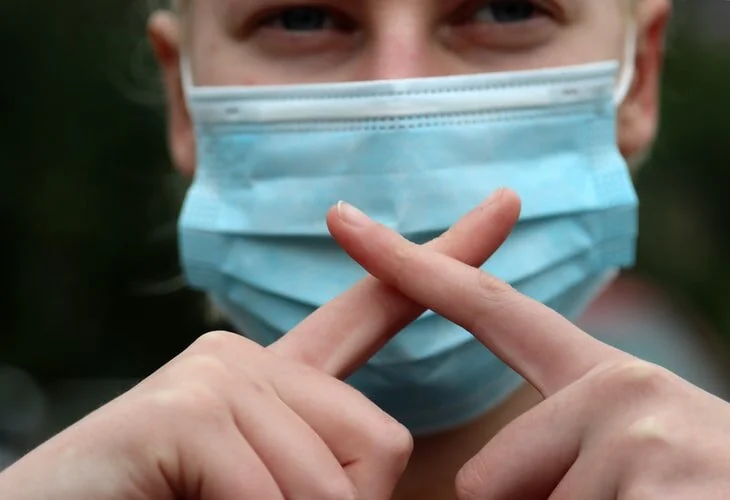After the End of Epidemics: A Cold War View
In this talk, Dora Vargha showed how historical research can help us understand how epidemic narratives fuelled and mobilised people and resources in the 20th century. She also covered the approaches we need to consider as we face the uncertain trajectory of many diseases in the 21st century.
With the quick succession of intractable global epidemic crises in the early 21st century, clear narratives of beginning, crisis, and ending have become increasingly untenable as a comprehensive explanatory model. The talk dissected what an ‘ending’ actually means in the context of an epidemic or pandemic.
About the Historian
Dora Vargha is Senior Lecturer based at the Department of History and the Wellcome Centre for Cultures and Environments of Health at the University of Exeter, as well as co-editor of the journal Social History of Medicine. Her work spans from the politics of epidemic management to public health systems and access to therapeutics. She has written on the global infrastructure of diphtheria antitoxin, the politics of vaccination in the Cold War, hospital care of disabled children in communist contexts, and shifting epidemic narratives in historical analysis.











